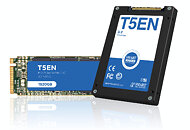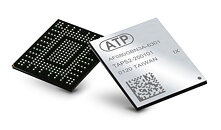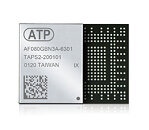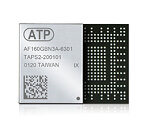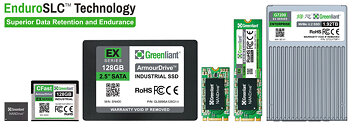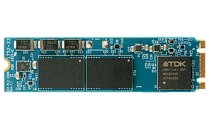Goodram Industrial to Showcase Latest Memory Solutions at Embedded World
The Polish industrial memory manufacturer will once again be showcasing its product range at Embedded World, which takes place in Nuremberg, Germany, from 11 to 13 March. The company will be showcasing its latest solutions for industrial, defense, data center and artificial intelligence (AI) applications. Goodram Industrial offers DRAM modules, SSDs and Flash memory for use in demanding industrial environments. Manufacturing in Poland, full memory testing and an in-house R&D department underpin product quality. Goodram Industrial memory is characterized by reliability, long life and resistance to extreme operating conditions. The range includes customized solutions for automation, robotics, transportation, medical, security systems, energy and telecommunications.
This year's launches include DDR5 CUDIMM/CSODIMM memory modules. These offer not only high capacity but also increased speed and stability of operation. Another interesting innovation is a microSD card with pSLC-Boost technology, which offers up to 100,000 program/erase cycles, far exceeding the standard parameters.
This year's launches include DDR5 CUDIMM/CSODIMM memory modules. These offer not only high capacity but also increased speed and stability of operation. Another interesting innovation is a microSD card with pSLC-Boost technology, which offers up to 100,000 program/erase cycles, far exceeding the standard parameters.

































